Everything to play for in the 2019 Tour de France GC battle
Week three begins with a leader in trouble and at least five more yellow jersey contenders
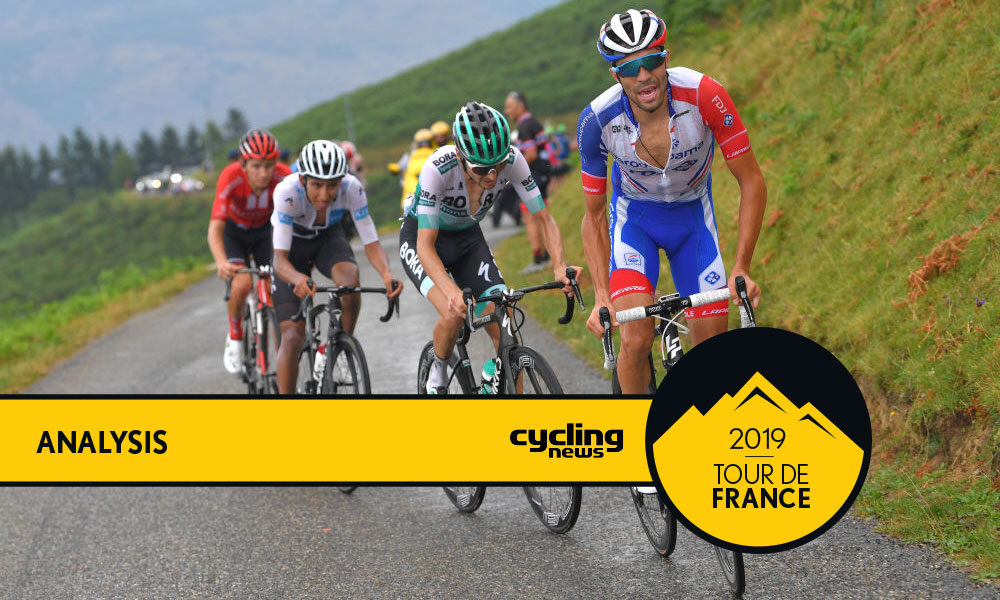
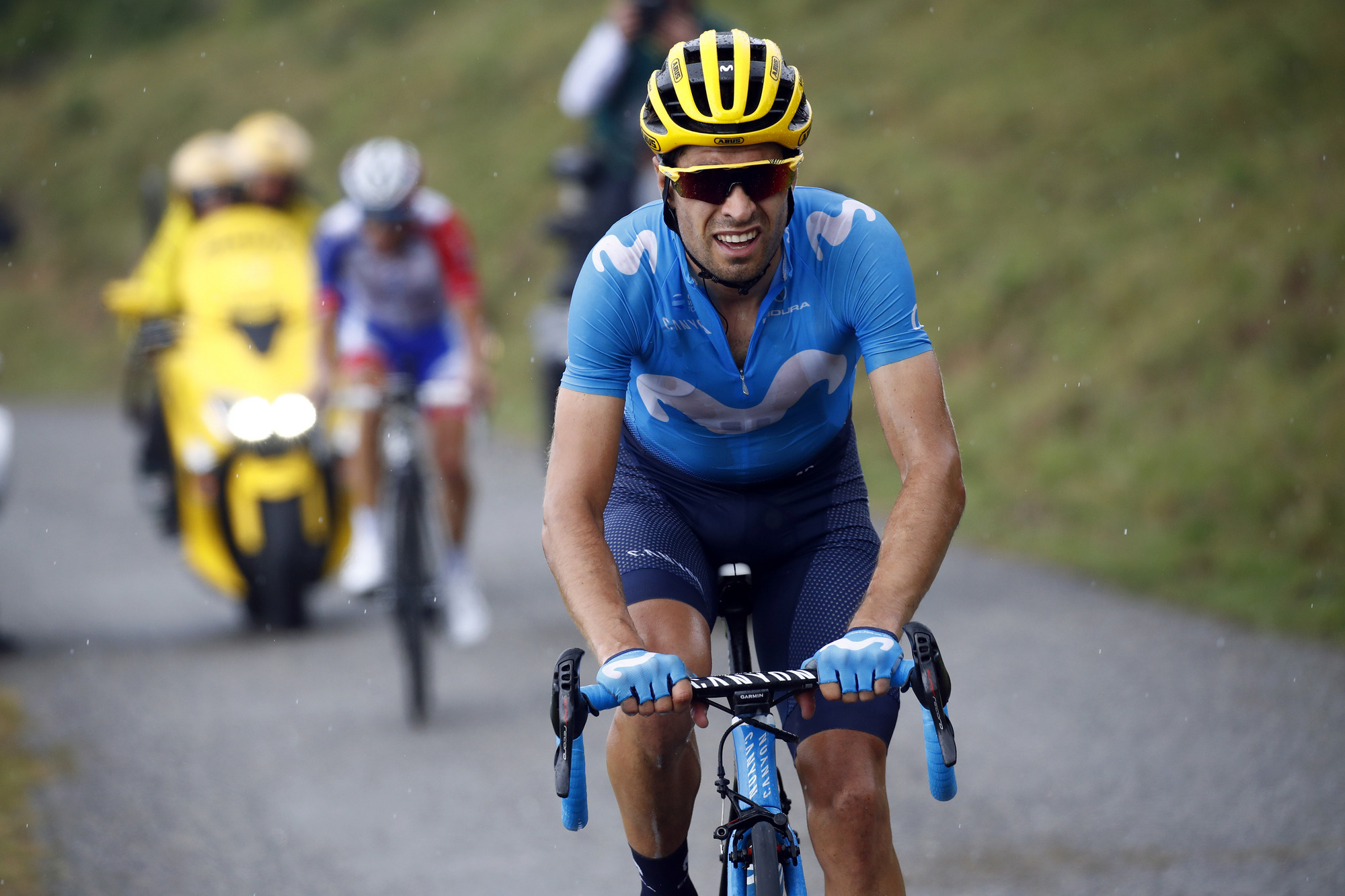
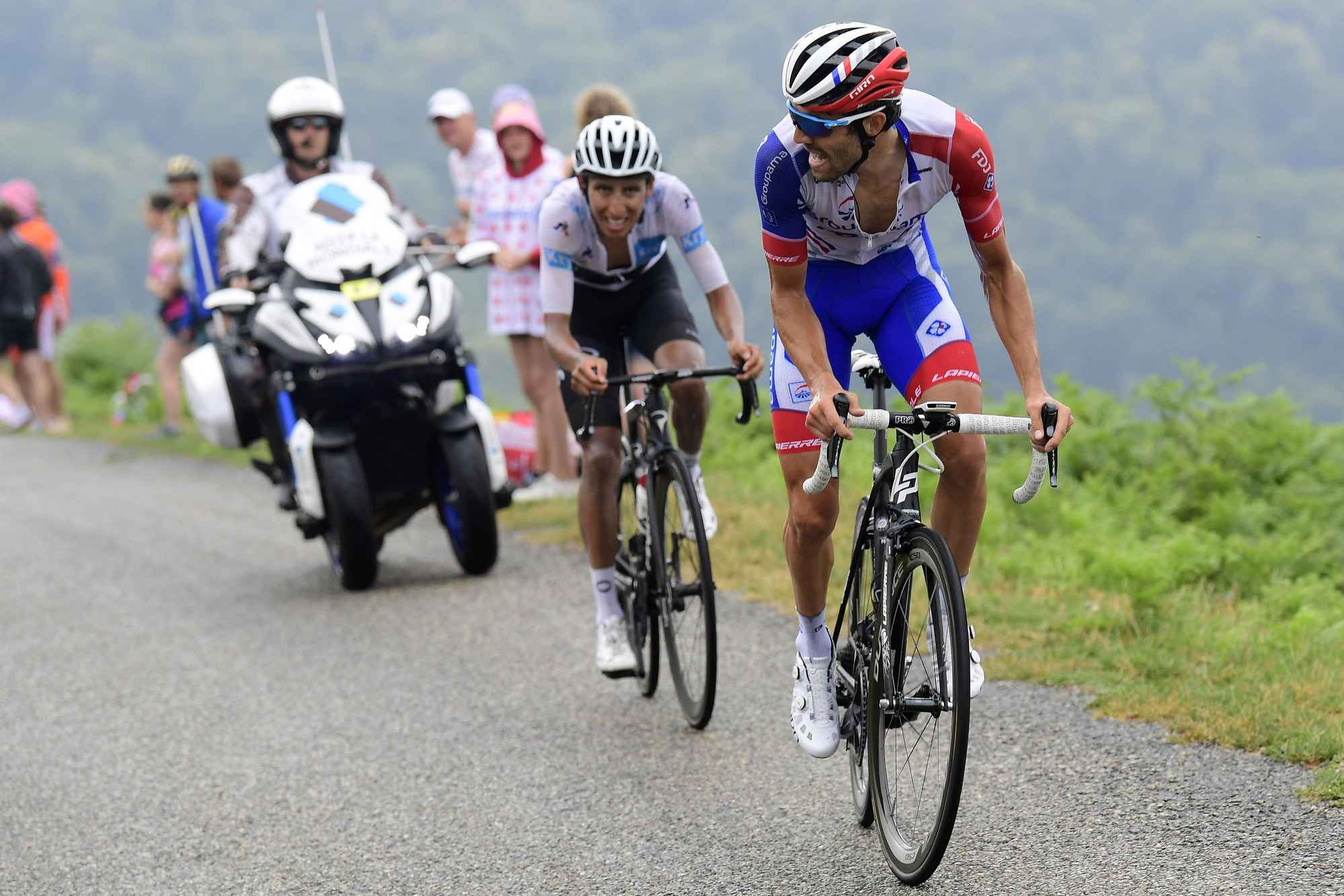
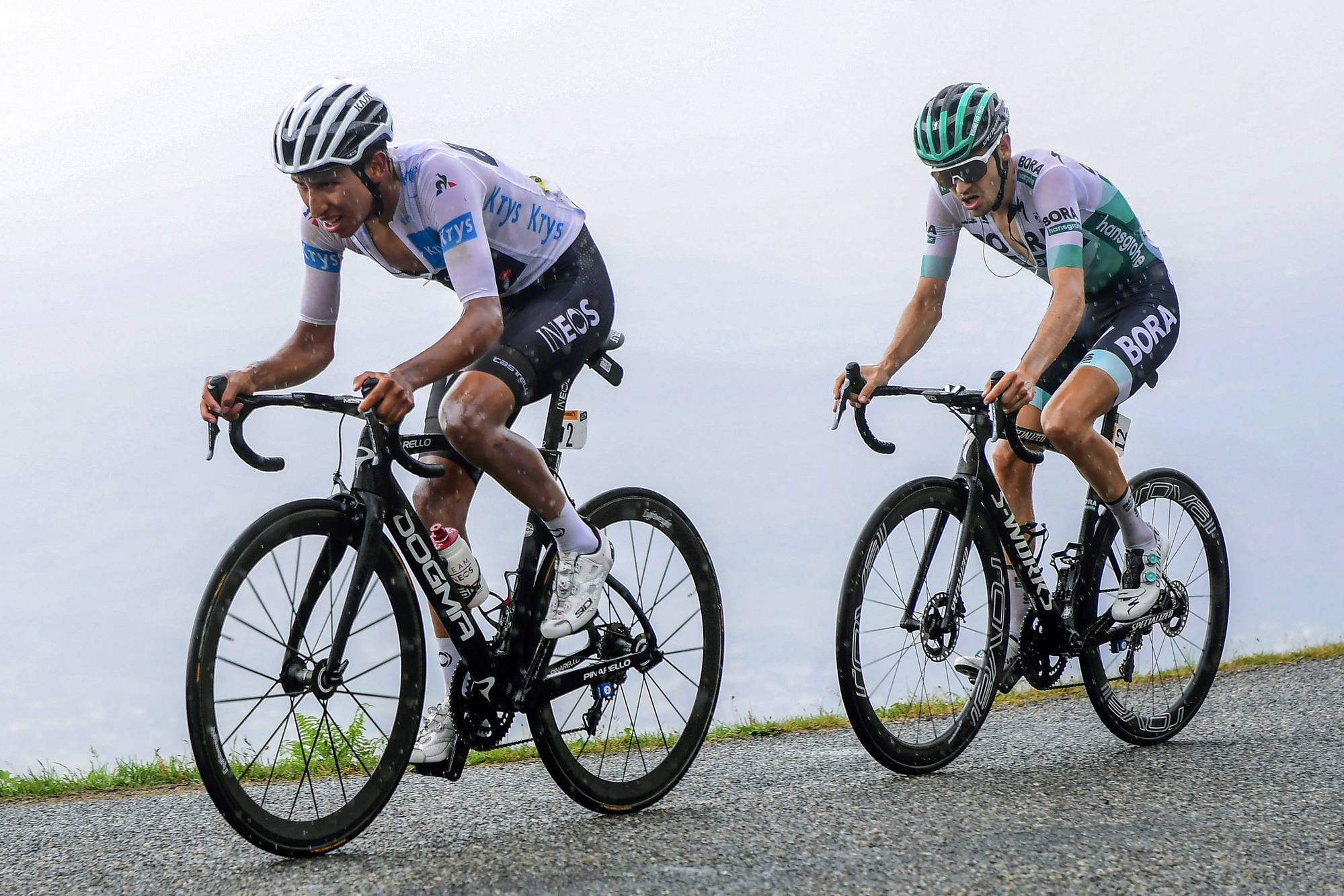
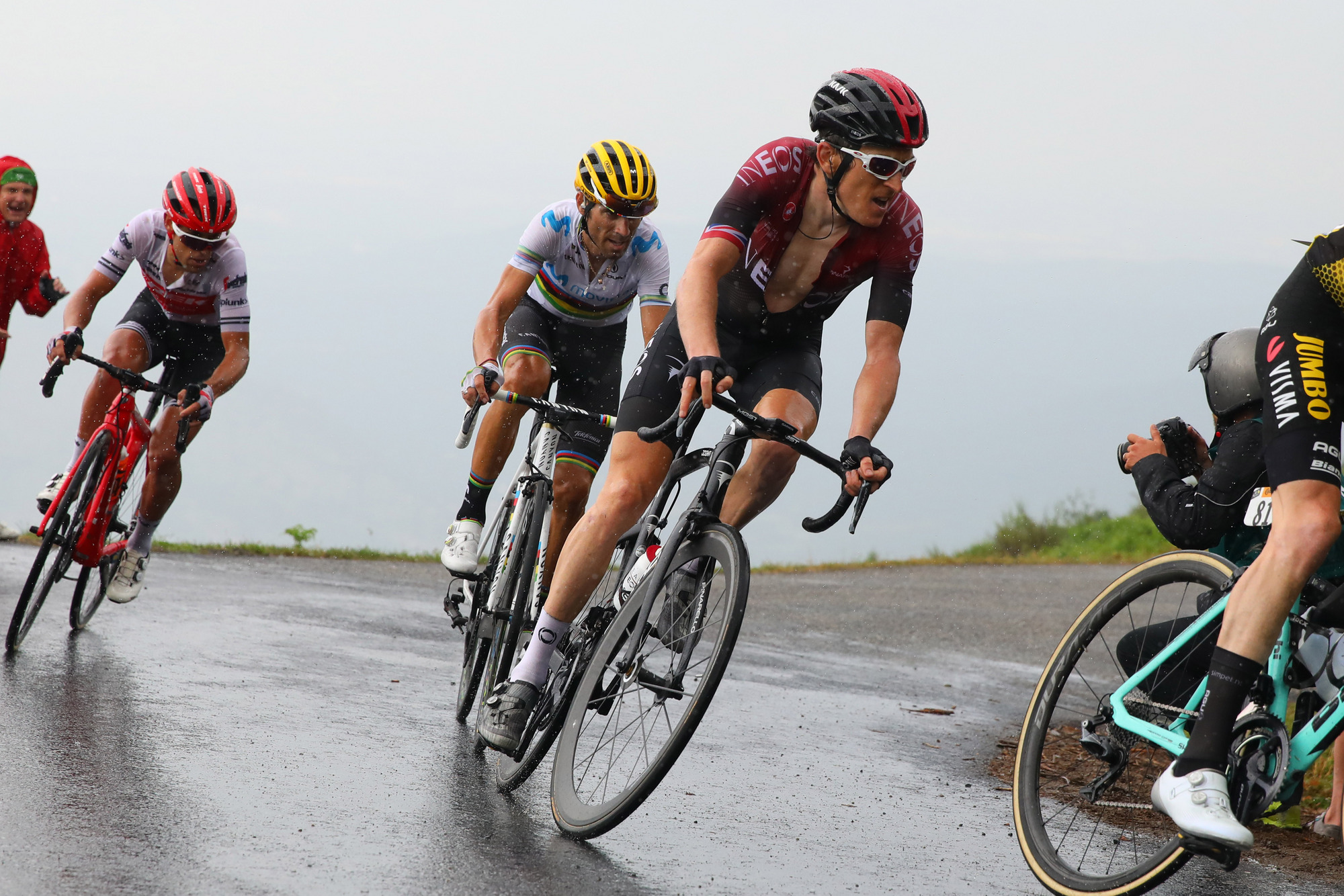
There are only five GC stages left to go in this year's Tour de France, and the simple fact of the matter is that we're as uncertain about who could win the race as we were when the Tour left Brussels two weeks ago.
For one indication of how much things have changed since this point in the race last year, it's worth remembering that of the six editions won by Team Sky in the last seven years, the latest moment in the race that one of their riders took yellow was in 2018, when Geraint Thomas moved into the lead on stage 11. Before that, in 2016, it was stage eight.
This time around, on the other hand, stage 15 is done and dusted and Thomas is still over 90 seconds down on Julian Alaphilippe (Deceuninck-QuickStep), who has lost time, finally, on a crucial stage in this year's Tour.
So for all their upbeat takeaway from Sunday's stage, Team Ineos – Team Sky's new guise – are still a long way from actually taking yellow and controlling the Tour in the way we have all grown so used to them doing in previous years. And the results are there for us all to see.
Alaphilippe has gone, by far, the furthest away from the usual Tour de France script of recent years. Even now, when on the back foot, he is far from out of the game, and now has three 'easier' days to recover before the Alps. That could be enough time for him to regain the momentum he needs to take the jersey all the way to Paris.
To quote Thomas from the first rest-day press conference, when asked to discuss whether he considered Alaphilippe a threat, he replied, "On the second rest day, we'll know a lot more. If he's increased his advantage, then we'll be more concerned, but racing for the [Tour] GC is an unknown for him, so it should be an interesting second week."
The race has duly reached its second rest day, and Alaphilippe has duly increased his advantage, while Thomas remains where he was on the first rest day: in second place overall, poised, in theory, to strike, but presumably more concerned than he was six stages ago.
The latest race content, interviews, features, reviews and expert buying guides, direct to your inbox!
In the second week, Thomas has been mainly in damage-limitation mode and while his surging late attack on Sunday managed to dent Alaphilippe's GC lead by 37 seconds, the Frenchman remains over 90 seconds ahead. At the same time, Thomas and the next four contenders following Alaphilippe on the GC are all within a margin of 39 seconds. In other words, the wolves are not just circling around the Frenchman: Thomas's place is also under threat.
For now, Thomas remains the first amongst equals in that group, if only just. But the omens, if considerably better than on Saturday, are not that encouraging. He has shown no sign of being able to follow Thibaut Pinot (Groupama-FDJ), who has proved he is the strongest climber of the race, with three major Alpine stages to come. The question marks remain, then, even if they've shrunk a little since Saturday's stage.
The underlying question to Thomas's predicament, though, is what has changed to make this Tour such a different one. Is it that Ineos have dropped the ball, or have the other teams upped their game?
Speaking after stage 15, Ineos sports director Nicolas Portal argued that it was most likely the latter.
"The level is very high," he said. "And yesterday [Saturday], I don't think we've ever had such a fast ascent of the Tourmalet. There were a lot of bike riders up there with one or two kilometres to go."
So much for the reasons. The consequence of things being more even, Portal added, is that "the overall is dans un mouchoir" – very tight – "and there's going to be a big battle.
"If you want to get a big gap, you'll have to accelerate really hard, and people will pay for that, big time, because everybody's on the limit right now," he said.
Yet for all that Pinot is going all out, not everybody will be so adventurous. As Mikel Landa (Movistar) pointed out on Saturday, placings in the Tour's upper echelons of the GC are so valuable that, in a situation of total uncertainty, a lot of riders will ride conservatively.
And for all there is a Deceuninck-QuickStep rider in yellow, Ineos remain the reference point for the GC, as is only normal given their track record. But they still have to get in a position to win, and, for now, after a near-faultless first week, come week two they are doing anything but making the running.
Their director Portal argues that the fact that Alaphilippe has lost time, finally, represents a boost to the team on a psychological level. Had the Frenchman remained firmly in control of the GC for a second day in a row, rather than crack at what is the first full-length mountain stage, rather than a much shorter, if intense, climbing effort – like Saturday's 110-kilometre effort to the Tourmalet – is encouraging, he argues.
"I think it even matters to Groupama-FDJ," Portal said. "It makes the race much more wide open.
"But Alaphilippe has only lost a bit of time. He's still the leader." he warned.
So where do we go from here? The most likely scenario – although in this topsy-turvy Tour, nobody can be certain – is that the Tour's current status quo will remain stable until Thursday. But as Portal says, this race is moving into utterly new terrain, even for Ineos. Even saying we'll go into the Alps in the same situation, GC-wise, that we left the Pyrenees may be too bold a prediction.
Whatever the outcome, it's making for an enthralling race. Comparisons with all the high drama of 1989 and the Fignon-LeMond battle on the streets of Paris are perhaps a bit premature. And it could be that by Thursday evening, post the Col du Galibier, the race is as good as over. As things stand, though, the 2019 Tour won't be that far off from being equally memorable to that edition three decades ago – and for all the right reasons.
Alasdair Fotheringham has been reporting on cycling since 1991. He has covered every Tour de France since 1992 bar one, as well as numerous other bike races of all shapes and sizes, ranging from the Olympic Games in 2008 to the now sadly defunct Subida a Urkiola hill climb in Spain. As well as working for Cyclingnews, he has also written for The Independent, The Guardian, ProCycling, The Express and Reuters.
